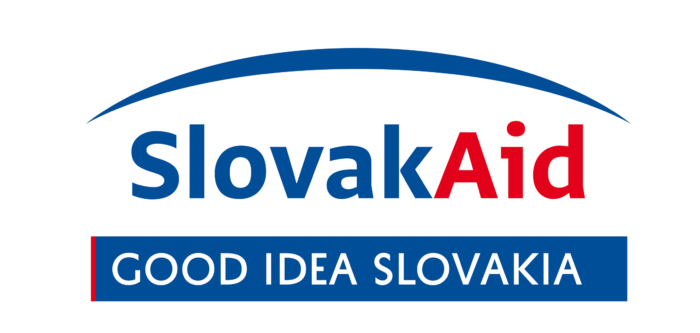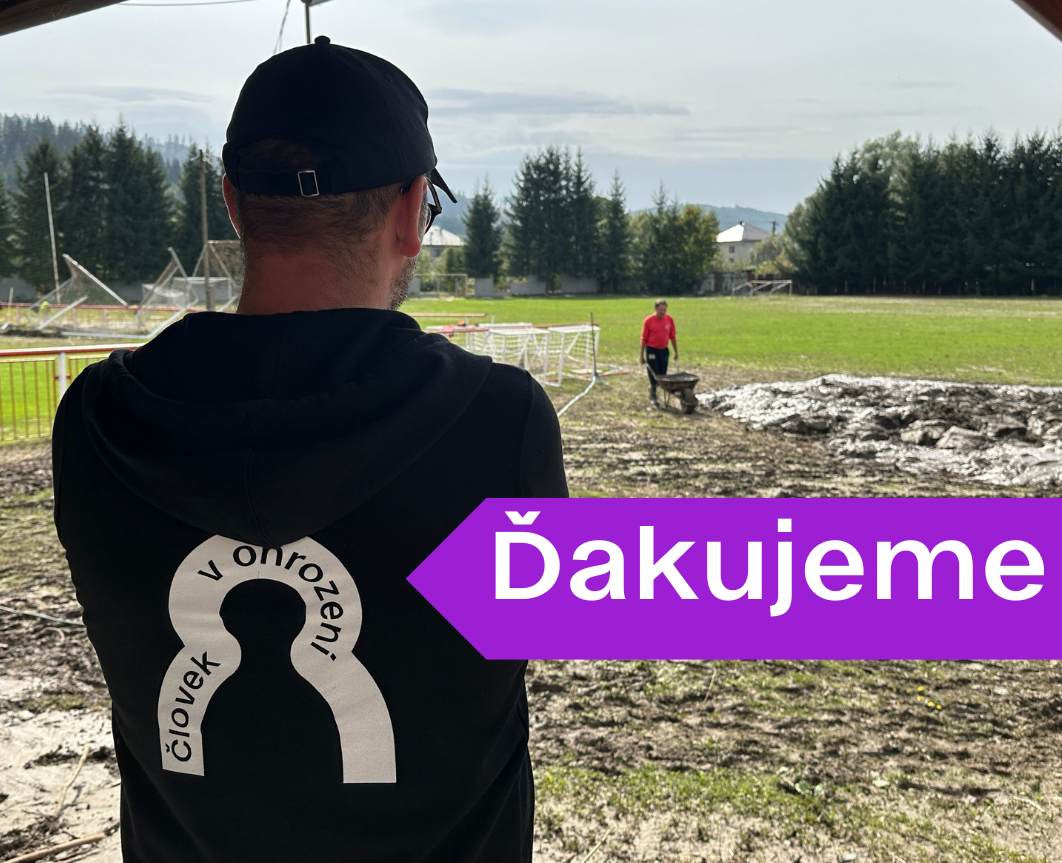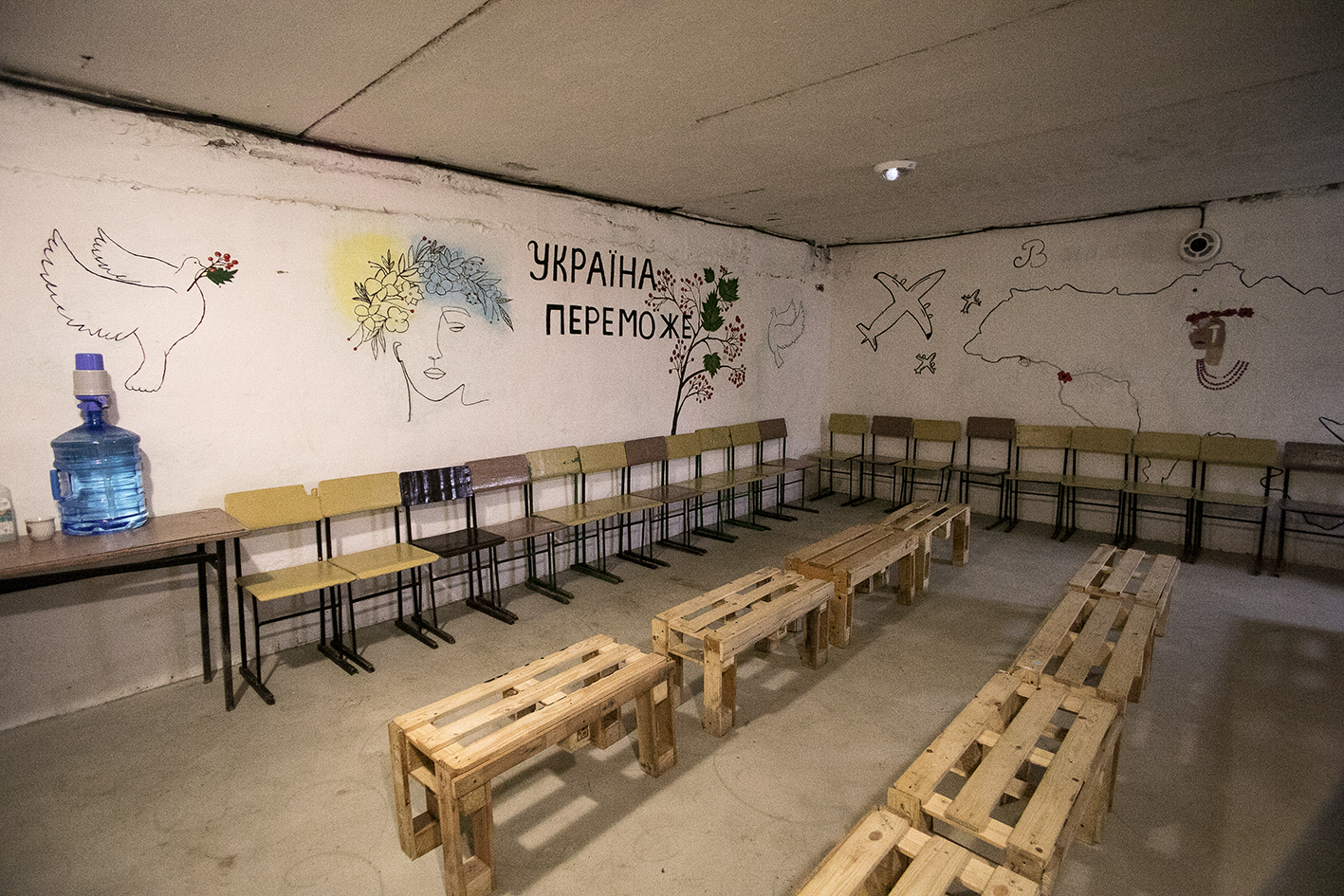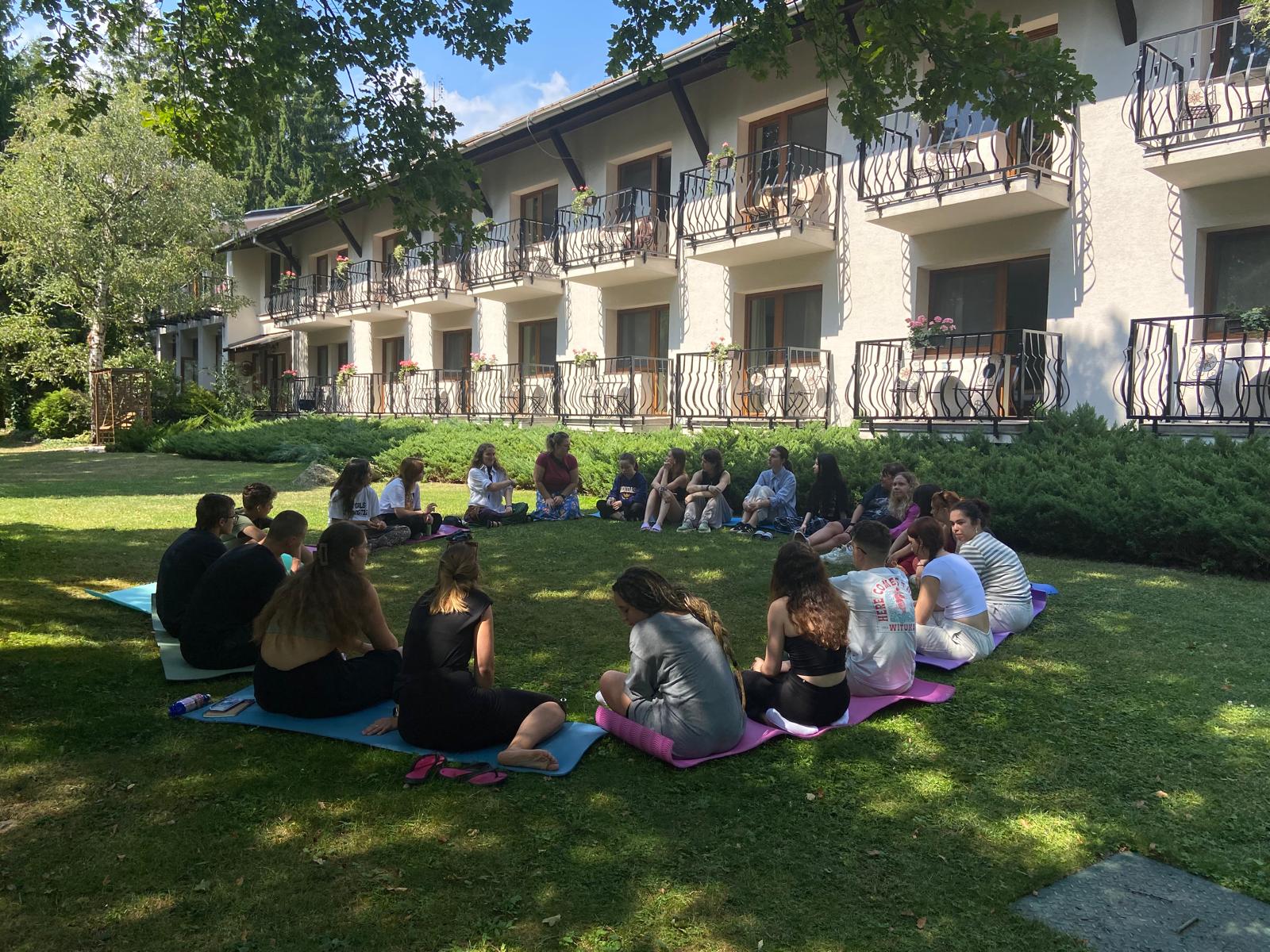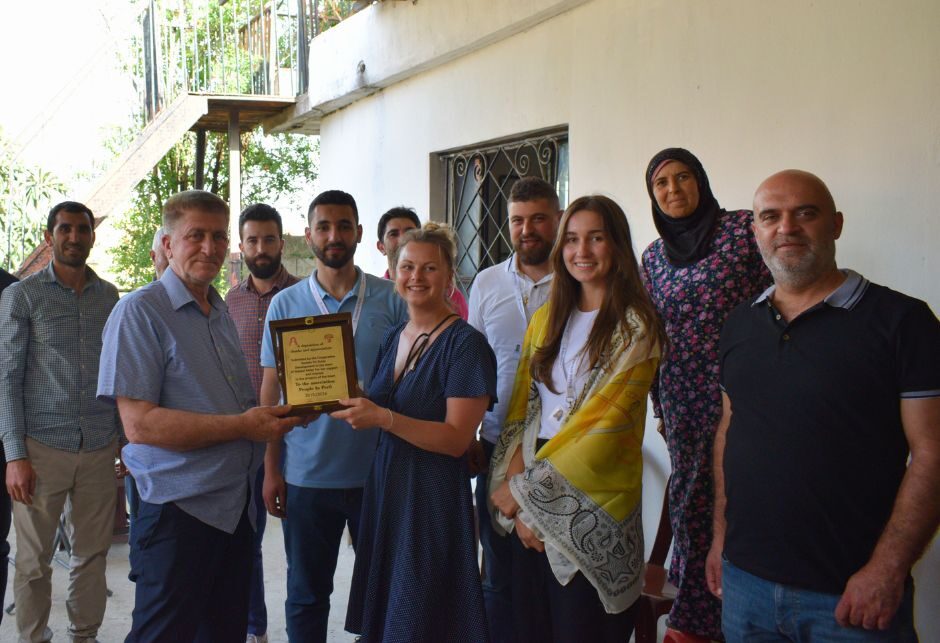Project to support vulnerable populations in northern Lebanon will alleviate environmental and economic crisis
Over the past 11 years, the Lebanese economy, agriculture and the social situation of the population have deteriorated to such an extent that the World Bank considers this crisis to be one of the ten worst since 1860. The war in neighbouring Syria has brought refugees into the country, and has also put an end to cross-border trade, the main source of livelihood for many regions. That’s why we partnered with Fair Trade Lebanon, with funding from SlovakAid, to create a new project, which you can read about in this article.
Situation in Lebanon
The nearly 95% devaluation of the Lebanese currency has wiped out the savings of many families. The population is dissatisfied with the corrupt government, which brings frequent demonstrations, strikes and blockades of transport routes. This was followed by a warehouse explosion that destroyed stocks of imported wheat (mostly from Ukraine) destined for the local population, and a pandemic that put up to 30% of Lebanese families out of work. Climate change is bringing unusual droughts, which are having a negative impact on local agriculture. Water infrastructure is inadequate – providing access to water to only half of the population. Moreover, this water is utilitarian; drinking water is bought.
Increasing food security for the most vulnerable groups
One activity that can bring relief and help specific communities is to focus on increasing food security for the most vulnerable groups. Therefore, in collaboration with Fair Trade Lebanon, the project “Establishing sustainable water infrastructure to improve water quality and restore unused agricultural land and build the capacity of vulnerable populations in northern Lebanon to alleviate the environmental and economic crisis” has been developed. Funding for the project was provided by SlovakAid.

Efficient irrigation as a way to support agriculture
The project focuses on the Qoubayat site in the Akkar region, in northern Lebanon near the border with Syria, where the partner organisation Fair Trade Lebanon has long been active. This region has the potential to improve the situation of its inhabitants in terms of agricultural self-sufficiency and access to quality water. Nearly half a million people live in the region and more than 90% of them live in poverty. Families have traditionally farmed here and the soil is of high quality, but due to the difficult hilly terrain, barely half of them use irrigation systems. Due to the lack of irrigation systems, they are unable to make full use of the water from the river, even though there is a good quality water source in the village. People in Peril has plans to connect to the current irrigation system in the hills and extend it by 2 km. This will bring valuable water to another 85 agricultural plots and many more fields can be created.
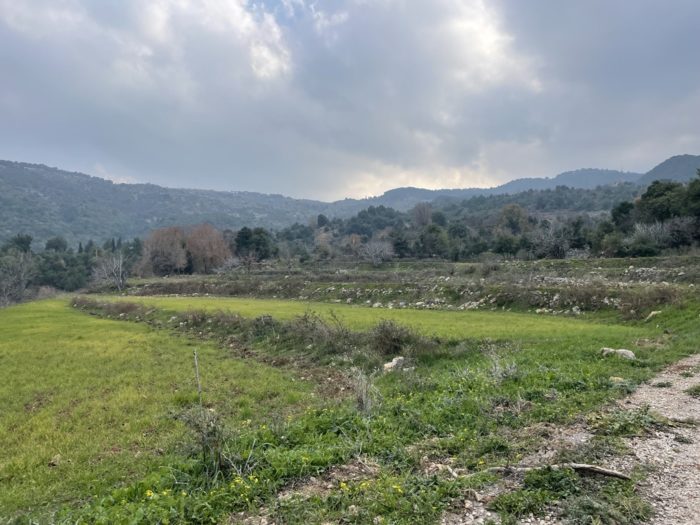
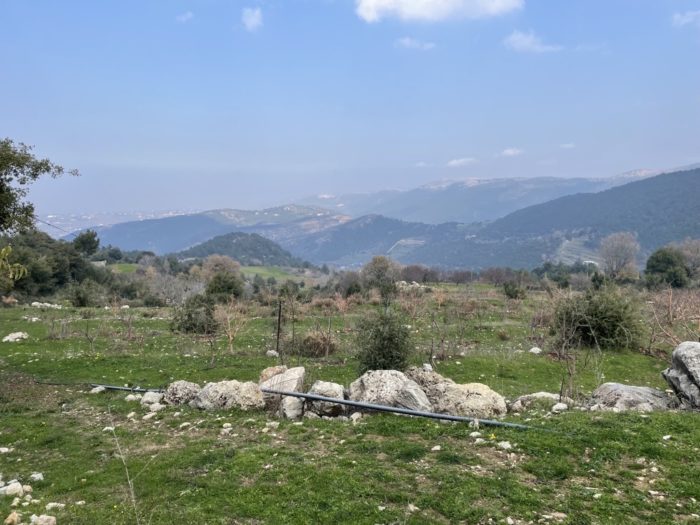
Provision of water for olive oil production
At the same time, in cooperation with the local agricultural cooperative, we will install a system to retain, filter and recycle rainwater. We will procure water tanks to capture rainwater to the building that houses the community olive oil press. This will be filtered using a solar-powered filter and used to wash the olives before pressing the oil. After use, the water will be pumped back into the tanks and used again.
Solar powered water filter will reduce costs
During the oil-pressing season, the olive press works around the clock and consumes thousands of litres of drinking water from private companies or well owners. By using filtered rainwater to wash the olives, the consumption of drinking water from often dubious sources will be reduced and the financial burden on the farmers will be reduced at the same time. Diesel pumps are mostly used in the country, but they contribute to air pollution and, in addition, petrol and diesel prices are climbing to unsustainable heights. A solar-powered water filter will ensure less air pollution and reduce costs. The water used to wash olives will be free of heavy metals and food quality will improve.
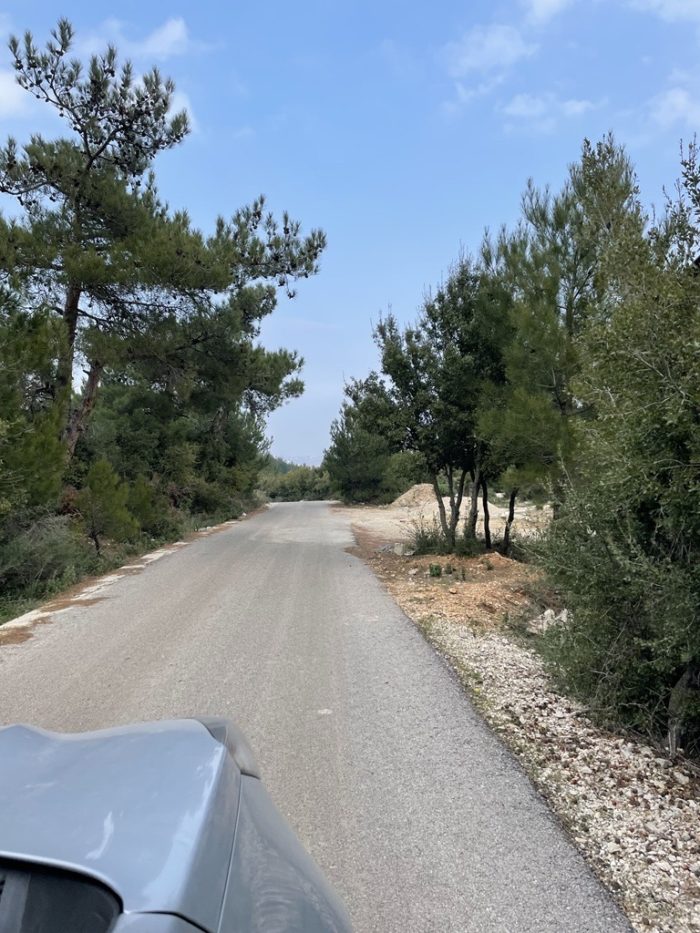
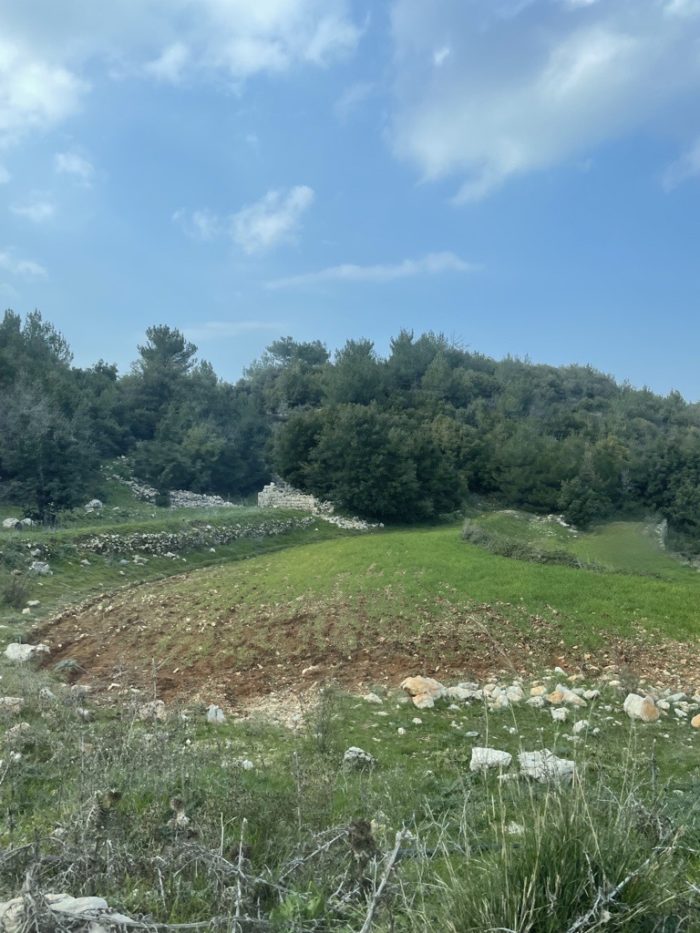
Helping the most vulnerable
35 Syrian refugees will be involved in the installation of the pipes and rainwater tanks themselves, through practical training for which they will receive a salary. They will gain skills and improve their chances in the labour market. The project also aims to actively involve women farmers – they make up a third of all those involved. The status of women has long been weak in Lebanese society, and we therefore also emphasise this aspect in our activities in Lebanon.
Sustainability of project results
This 12-month project includes an information campaign for more than 1,000 residents of the Akkar region. It will cover topics such as water management and maintenance of irrigation facilities, explanation of the impact of climate change on agriculture and practical advice, new crops, recommended practices. Local government representatives will also receive training in these areas so that they, in collaboration with Fair Trade Lebanon, can support and guide their community towards long-term sustainable cultivation and water management.
The project “Establishing sustainable water infrastructure to improve water quality and restore unused agricultural land and build the capacity of vulnerable populations in northern Lebanon to mitigate the environmental and economic crisis” is supported by SlovakAid and implemented in collaboration with our local partner organisation Fair Trade Lebanon.
